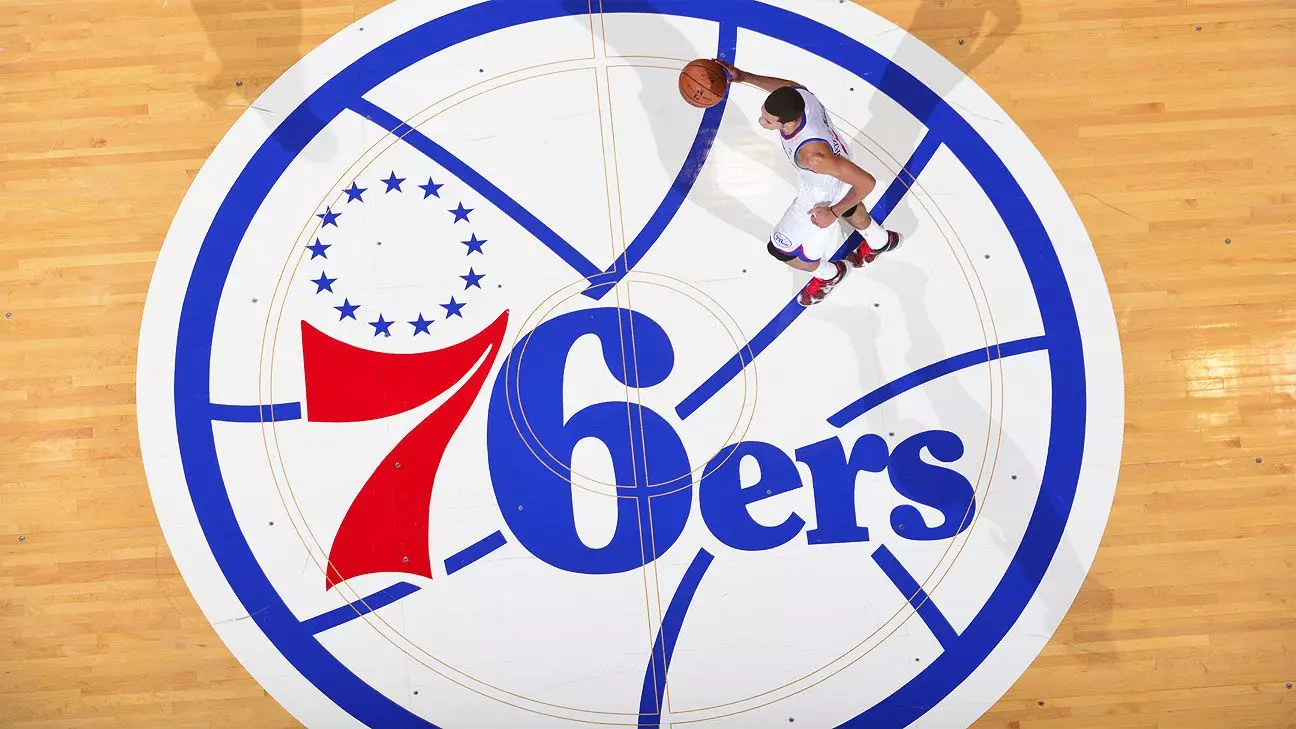Philadelphia’s vibrant basketball culture is set to undergo a significant transformation as the 76ers embark on a mission to establish a new $1.3 billion arena downtown. Mayor Cherelle Parker’s recent announcement regarding an agreement with the team owners aims to ensure the franchise’s longevity in the city. However, this ambitious initiative has sparked controversy, particularly among residents of Chinatown, who have long endured the challenges posed by urban development. The city council’s upcoming deliberations will test the delicate balance between economic growth and community well-being.
In a video statement posted on the platform X, Mayor Parker expressed her firm belief in the merits of this partnership. While emphasizing the historical nature of the agreement, she acknowledged the other stakeholders within the community, particularly those in Chinatown. Her affirmation of Chinatown as “the best in the United States” indicates an understanding that development must not come at the expense of cultural and historical integrity. Yet, ambitions of progress must tread carefully; the livelihoods, culture, and identity of existing neighborhoods are at stake.
Plans for 76 Place: A Vision of Future Entertainment
The proposed “76 Place” is more than a mere extension of the 76ers brand; it represents an ambitious plan to rejuvenate a struggling commercial district adjacent to City Hall. Team owners argue that their vision includes not just basketball games, but a multi-functional space geared toward concerts and events, leveraging the city’s public transit access. Their proposal suggests a commitment to fostering community ties through equitable and inclusive investments, aiming to reposition Philadelphia as an urban entertainment hub. The tension lies in whether these grand promises can truly coexist with the immediate needs of the surrounding communities.
While economic initiatives may hold promise for the broader city, Chinatown residents have voiced legitimate concerns. The bustling neighborhood has experienced its share of encroachment from developments that prioritize financial gain over community input. Residents worry about increased traffic, disruption of the pedestrian-friendly atmosphere, and the potential displacement of vulnerable populations, including seniors and low-income families. Activists from the Save Chinatown Coalition highlight the precarious situation, asserting that the mayor’s support for the 76ers’ plan may further alienate community voices that have already been marginalized in past developments.
The response from Chinatown activists has been one of spirited opposition. Their efforts culminated in a symbolic protest at City Hall, where traditional lanterns illuminated their dissent against perceived negligence from the city administration. Voices like that of Debbie Wei emphasize that this struggle is about survival, not simply real estate. The insistence that “this fight is far from over” reveals a community’s resolve to reclaim their narrative and ensure their needs are prioritized above development interests. As the city council prepares to analyze the proposal, the debate about whether development should take precedence over community harmony intensifies.
The Path Forward: Collaboration or Conflict?
As the dialogue surrounding the new arena evolves, the real test lies in how city leaders and stakeholders balance the ambitious goals of economic growth with genuine community concerns. Comcast Spectacor, which currently manages the 76ers’ home, has expressed a willingness to collaborate, suggesting that the conversation need not be adversarial. The challenge remains: how can new projects integrate seamlessly into existing neighborhoods without compromising the cultural fabric or the quality of life for residents? The outcome of this situation may not only reflect the future of the 76ers but also the fundamental principles of urban development in Philadelphia.
As the city inches closer to a decision on the 76ers’ new arena, the overarching narrative highlights a critical juncture for both the franchise and its urban environment. The intricate dance between economic ambition and community integrity will determine Philadelphia’s future, as residents, activists, and city officials all seek to carve out a sustainable and inclusive path forward.


Leave a Reply